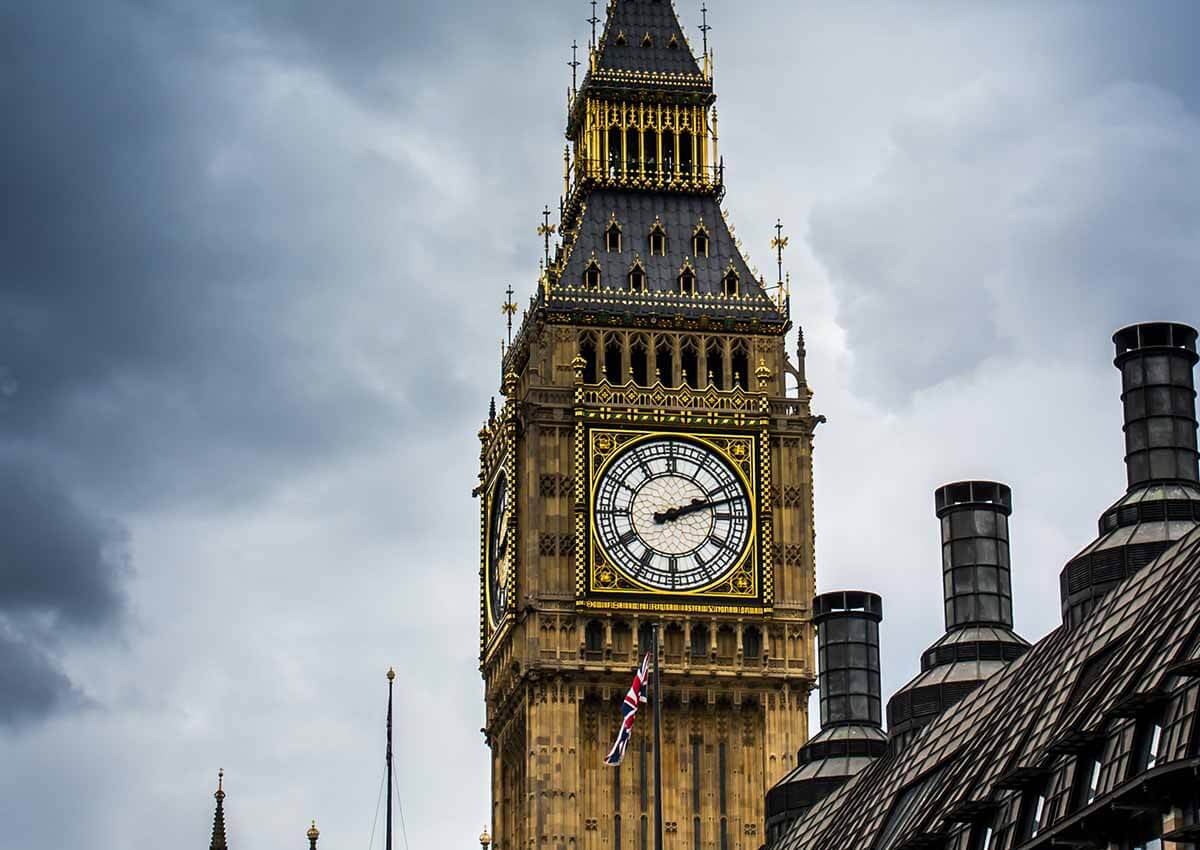New study supports Allen Carr’s Easyway method to quit smoking

The largest and most authoritative research trial of its kind testing Allen Carr’s Easy Carr (ACE) method of quitting smoking found no difference in success rates between ACE and a specialist service. smoking cessation in the United Kingdom. The research, conducted by the Center for Addictive Behaviors Research (CABR) at London South Bank University (LSBU) and St George’s, University of London, is published today in the academic journal Addiction.
The ACE produced an abstinence rate six months after the cut-off date of 19%, compared to 15% for the specialized service. This controlled, randomized, independently conducted trial brought together 620 participants, including 310 in ACE and 310 in the specialized department. Abstinence from smoking was verified by measuring carbon monoxide in the participants’ exhaled breath. The ACE Method emphasizes a drug-free approach to quitting smoking. ACE includes a single group session (4.5 to 6 hours) with subsequent supportive text messages and refill sessions if needed. It aims to convince smokers that smoking brings no benefit. By comparison, the UK’s standard National Health Service treatment focuses on nicotine replacement therapy (NRT) or ‘Champix’, with several weekly counseling sessions.
The results of the study reflect these different approaches: 91% of participants in specialized treatment who successfully quit smoking used NRT, Champix or an electronic cigarette. In contrast, in the ACE group, only 13% of those who successfully quit used these products. Professor Daniel Frings of the research team said “In a landmark randomized controlled trial, we observed levels of smoking cessation rates that were indistinguishable from a specialist intervention combining psychological support. These results offer convincing support for the effectiveness of the ACE method for quitting smoking ”. Evaluating the effectiveness of the ACE method is important because it offers a drug-free smoking cessation method that can be administered in group therapy sessions. As such, it may offer a cost-effective and viable additional treatment option in public / funded health facilities.
Keogan S & al. Tobacco Control 2019, 28 414-419. Doi 10.1136/tobaccocontrol-2018-05424
© Photo credit: Amar Saleem
